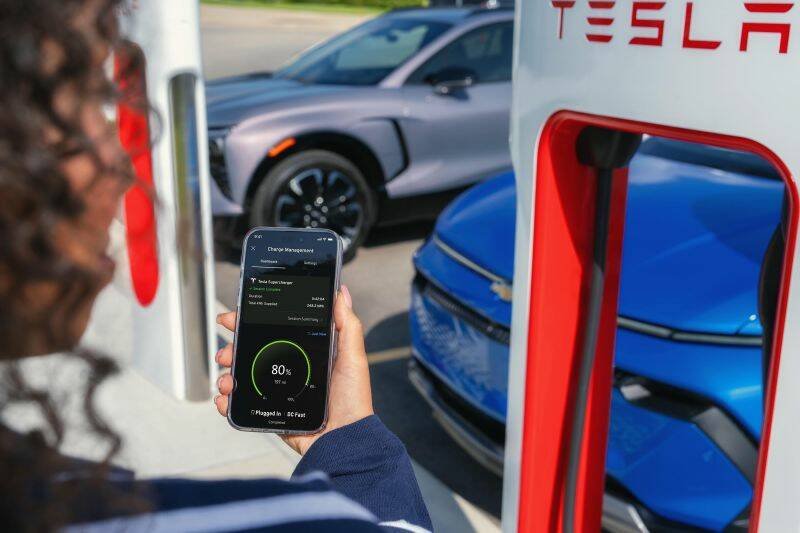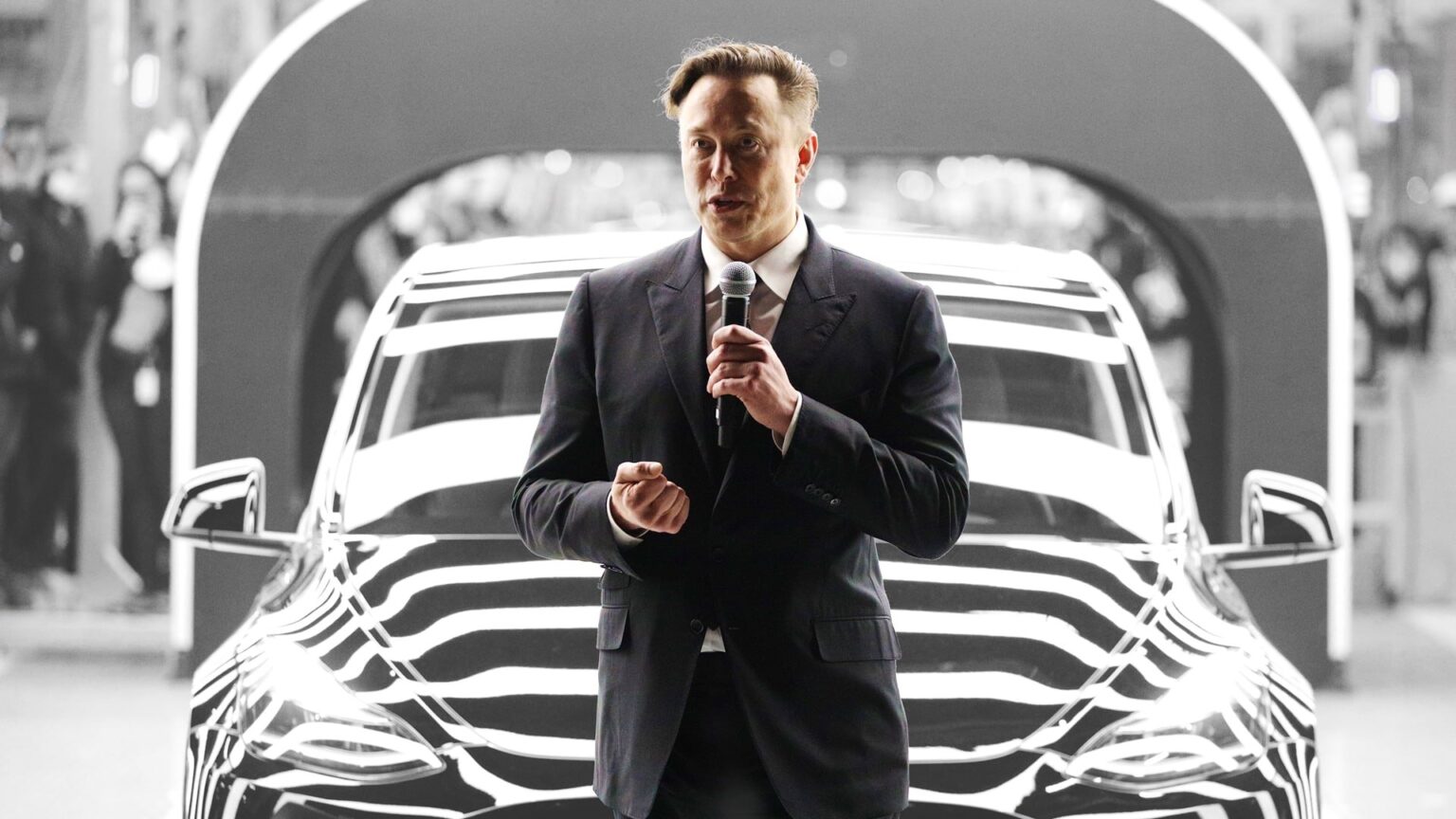Elon Musk’s EV company has taken a major hit, losing a significant income stream due to the end of US penalties for automakers that exceed fuel economy standards.
For the first time in 50 years, automakers in the US will no longer be fined for failing to meet fuel consumption standards, significantly impacting a major revenue stream for electric vehicle (EV) maker Tesla.
US President Donald Trump’s July 4 Bill Ends Penalties
US President Donald Trump’s July 4 bill ended penalties for automakers that do not meet North America’s world-leading CAFE (Corporate Average Fuel Economy) standards, first introduced in 1975.
It acts retrospectively, with automakers not liable for any penalties incurred from and including 2022.

According to Reuters, the National Highway Traffic Safety Administration (NHTSA) is “working on its reconsideration of fuel economy rules”.
Termination of US Federal Tax Credits
The same bill also terminated US federal tax credits for new and used EVs of between $US4000-$7500 (A$6137-$11,507), which will end on September 30, 2025.
CAFE’s Purpose
The US Department of Transportation (DOT) describes CAFE’s purpose as “to reduce energy consumption by increasing the fuel economy of cars and light trucks”.
It adds: “When these standards are raised, automakers respond by creating a more fuel-efficient fleet, which improves our nation’s energy security and saves consumers money at the pump, while also reducing greenhouse emissions”.
Removal of Fines a Boost for Automakers
The removal of fines is a boost for the bottom line of some of the world’s largest car manufacturers, including Ford, General Motors (GM) and Stellantis – the latter of which has US brands including Jeep, Chrysler, Dodge and Ram under its umbrella.
Tesla’s Major Blow
Tesla, on the other hand, has now suffered a major blow to one of its most important revenue streams. The EV company raked in $US2.76 billion (A$4.23bn) in 2024 alone from selling ‘carbon credits’ to other automakers, including credit revenue collected in other markets such as Europe.
The company’s 2024 credit revenue represented a 54 per cent year-on-year increase, yet it wasn’t enough to prevent a fall in profit from $US15 billion (A$23bn) in 2023, to $US7.1 billion (A$10.89bn) for the 2024 calendar year, when the Toyota RAV4 also poached the title of world’s best-selling car from the Model Y by fewer than 3000 sales.
The EV brand was already under stress from the first recorded annual sales decline in its history – with deliveries sliding by 1 per cent in 2024 – even before the elimination of revenue from carbon credits.
Pressure on Tesla Increases
With these credits disappearing in the US, the pressure on Tesla has now increased.
Under CAFE, fuel economy (and therefore emissions) was averaged across all models sold by a manufacturer, with those exceeding the limits able to buy ‘credits’ from those that haven’t.
Doing so allows automakers in breach to lower their average fuel consumption figure to reduce or avoid fines.
EV-only brands such as Tesla and Polestar were able to make considerable profit from US credits, while also ‘pooling’ credits with automakers struggling to meet ever-tightening emissions laws in Europe.
Tesla is due to announce its global sales figures for the second quarter of 2025 tomorrow (July 23).

